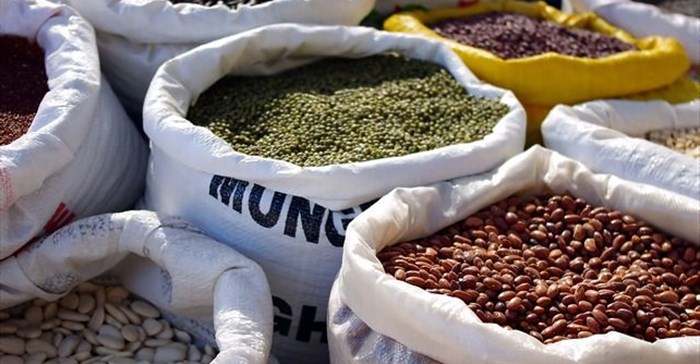
Top stories



LegalLesotho dam project misses deadline to pay multi-million compensation claim
Sechaba Mokhethi 11 Feb 2026


HealthcareZimbabwe leads charge against HIV in Africa with lenacapavir rollout
Chris Takudzwa Muronzi 20 Feb 2026

More news




Civil Society Organisations (CSOs) from across Southern Africa, including Angola, Uganda, Lesotho, Malawi, Mozambique, Swaziland, Tanzania, South Africa, Zambia, and Zimbabwe, met with officials from SADC, ARIPO, and country authorities, to discuss the current wave of developments and reforms being made to seed law and policy in the region, and the impact this will have on small-scale farmers and agricultural biodiversity.
These harmonised laws, including SADC’s Technical Agreements on Harmonisation of Seed Regulations, and COMESA’s Harmonised Seed Trade Regulations, addressing the production, cultivation and trade in seed, as well as ARIPO’s Arusha Protocol, outlining the intellectual property over new plant varieties (known as plant breeders’ rights or plant variety protection) domesticated at national level to stimulate the formal seed sector and regional trade in seed.
Despite farmer-managed seed systems (FMSS) being the central source of seed in the region, developing and maintaining locally-adapted varieties, laws being introduced focus solely on the formal seed sector, and consequently undermine and potentially criminalise FMSS, by limiting farmers’ rights to freely save, reuse, exchange, and sell farm-saved seed.
Farmers were able to engage directly with the Zimbabwean seed authorities, and the national gene bank, share their experiences, and the implications these laws have on their lives and practices. These seed custodians displayed their varieties and brought the real issues to light, that farmer-managed seed systems need to be acknowledged, strengthened and protected.